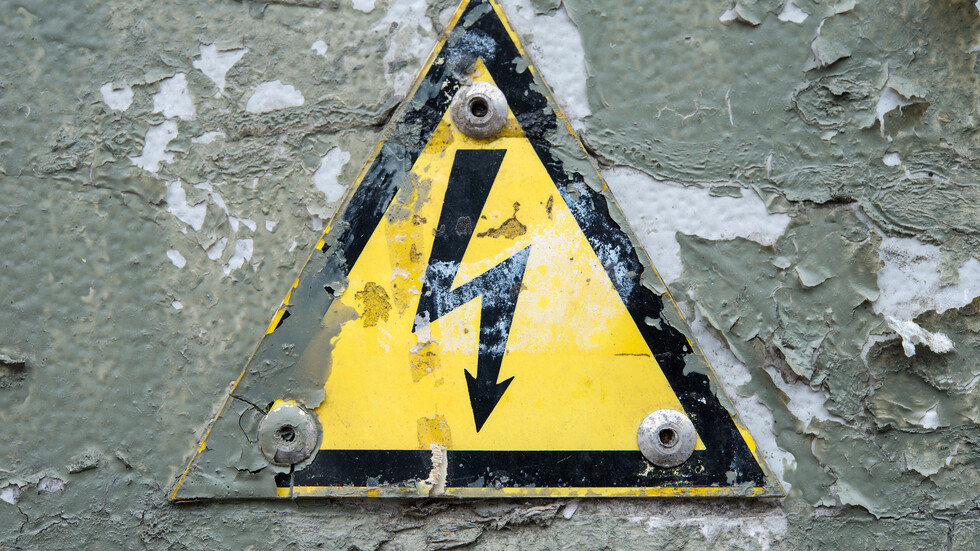On September 11, 2001, Islamist terrorists attacked the World Trade Center, the Pentagon and United Airlines Flight 93. British director Arthur Cary (38) reconstructed the events for the documentary “Surviving 9/11” (from today exclusively on Sky) and spoke to survivors and eyewitnesses about the consequences of the traumatic experience.
OÖN: “Surviving 9/11” is a film that deals less with the past itself than with its influence on people in the here and now. How difficult was it to find a new way of looking at a world historical event?
Arthur Cary: Very, no question. There was no way I wanted to do another dramatic retelling of the events of that day. It was my intention to use the gap of 20 years to illustrate how this day has changed our lives in retrospect. I do this through the eyes of a total of thirteen people who had to experience September 11, 2001 in a very personal and terrifying way. It’s about 9/11, of course, but much more about the different ways we deal with grief and trauma.
Arthur Cary, the British director of Surviving 9/11
What criteria did you use to select the thirteen “9/11” survivors mentioned?
Many 9/11 documentaries focus on a single aspect: New York, the Pentagon, Flight 93. I wanted to capture all of these voices, all of these aspects. From the widow who lost her partner, to the firefighter in Ground Zero, to the fighter pilot who was supposed to shoot down Flight United 93. It was detective work to find all of these interviewees. We made thousands of phone calls.
Even though it has been 20 years, the events are extremely present among the survivors. The fear, the anger and the despair slumber just below the surface, suddenly breaking open. Did you expect this emotional vulnerability?
Yes, and to a certain extent I wanted to consciously create this. I was looking for survivors for the film who hadn’t told their stories publicly a hundred times before. Often times, when these people try to talk about the day for the first time, they are doing so to someone who is not their husband or wife. You can see how they struggle for the words to articulate the incomprehensible, the unspeakable. It scares them. Afraid to fathom what they have stashed deep inside. It’s painful to watch, but it brings us closer to 9/11 on a very personal level.
This requires a lot of trust in the other person, especially when a camera is running. How did you manage to achieve this?
This is the advantage when you have a very long time on a project. This gives you the opportunity to convince people of your good intentions. I was in contact with some of the interviewees for almost a year before we turned on the camera. I don’t want to exploit my interview partners, I want to take them with me on a path that, in the best case, even has a cathartic effect. Before the film was finished, I gave everyone I spoke to the opportunity to veto. Nobody felt falsified.
Which scene from the documentary does not let go of you emotionally?
When Fireman Bill talks about the couple who jumped to their deaths from the Twin Towers, hugging each other. It’s hard to take. Also the scene in which Bill and a policeman, also a “first responder”, are chatting about their children in “Ground Zero”. Usually emergency services in a crisis area do not talk about personal matters. For the two of them, however, it was as if they were making their own confession. They felt like they would not survive the day. I have two young children myself, I can hardly imagine what was going on in them.
How did you experience this fateful day yourself?
I was in London. Shortly before that, I started my first job at a production company. It suddenly became very quiet, and the office gradually emptied. We all didn’t know how to process what we saw. We saw but didn’t understand.
To person
38-year-old Arthur Cary is considered one of the best documentary filmmakers in Great Britain. In 2020 he was awarded the British BAFTA film prize for his Holocaust film “The Last Survivors”. His next project will be a documentary about the Fukushima nuclear disaster.
–


